If you suffer from a heart arrhythmia or an irregular heartbeat, a procedure called “radiofrequency catheter ablation” may be the best way to resolve your condition. This procedure may be necessary if the heart rhythm does not respond to heart medication. “Ablation” means using energy to produce scars on the heart muscle to block the abnormal electrical action of your heart. Our ablation specialists in San Diego at San Diego Cardiac Center are here to help you.
Why choose San Diego Cardiac Center?
When you need to undergo a heart procedure, it stands to reason that you want to be under the care of a leading heart specialist. At San Diego Cardiac Center, we have been serving the San Diego community for four decades, and throughout our years in practice, we have remained at the forefront of the latest advances in heart medicine. We frequently offer new, groundbreaking procedures that are not available at other heart clinics in the area as a result of a clinical trial. We are equipped with state-of-the-art diagnostic systems, and our entire team is dedicated to helping our patients live a happier, healthier life.


